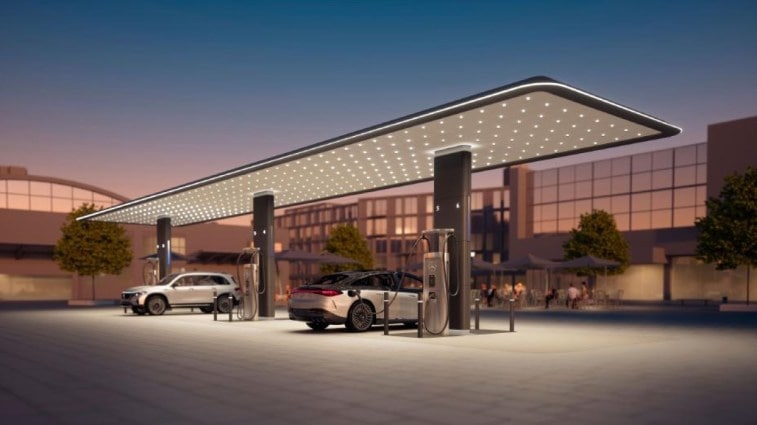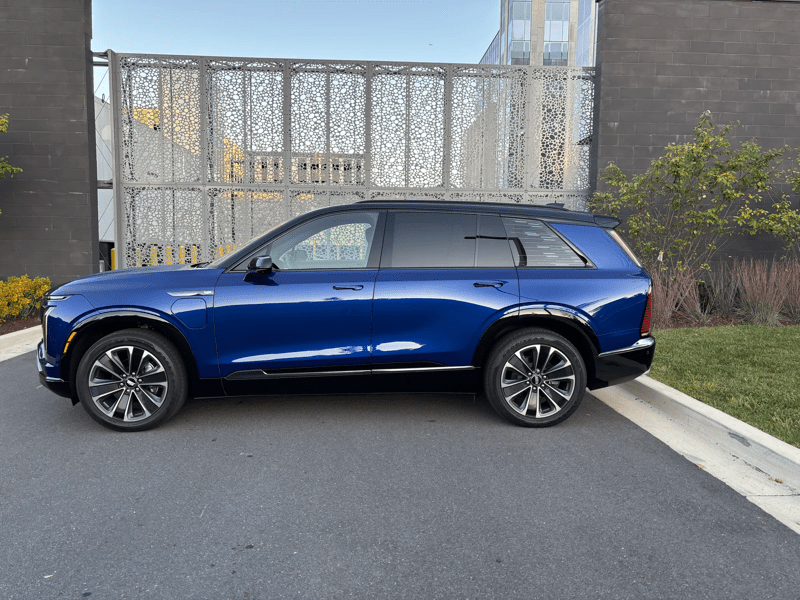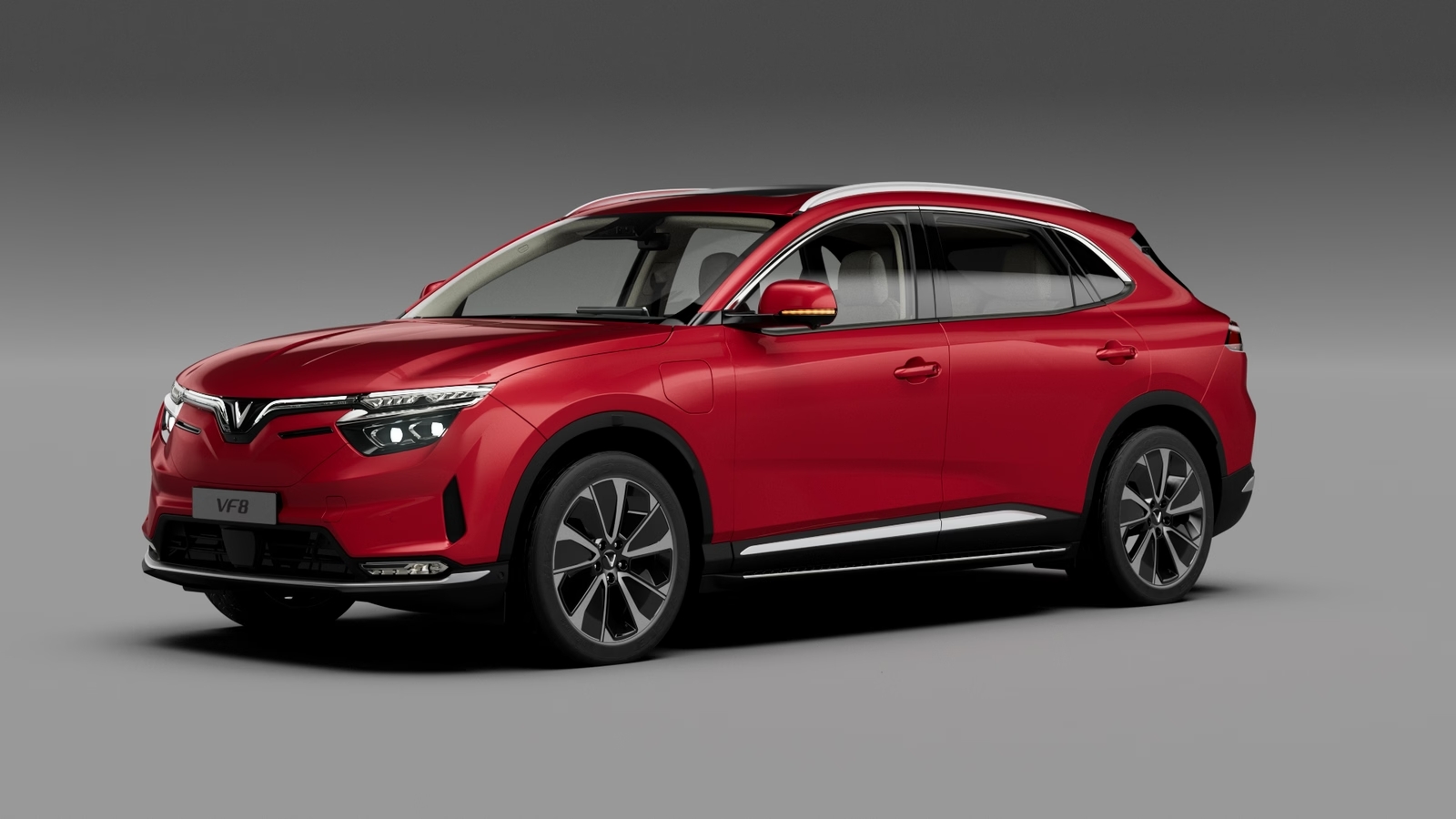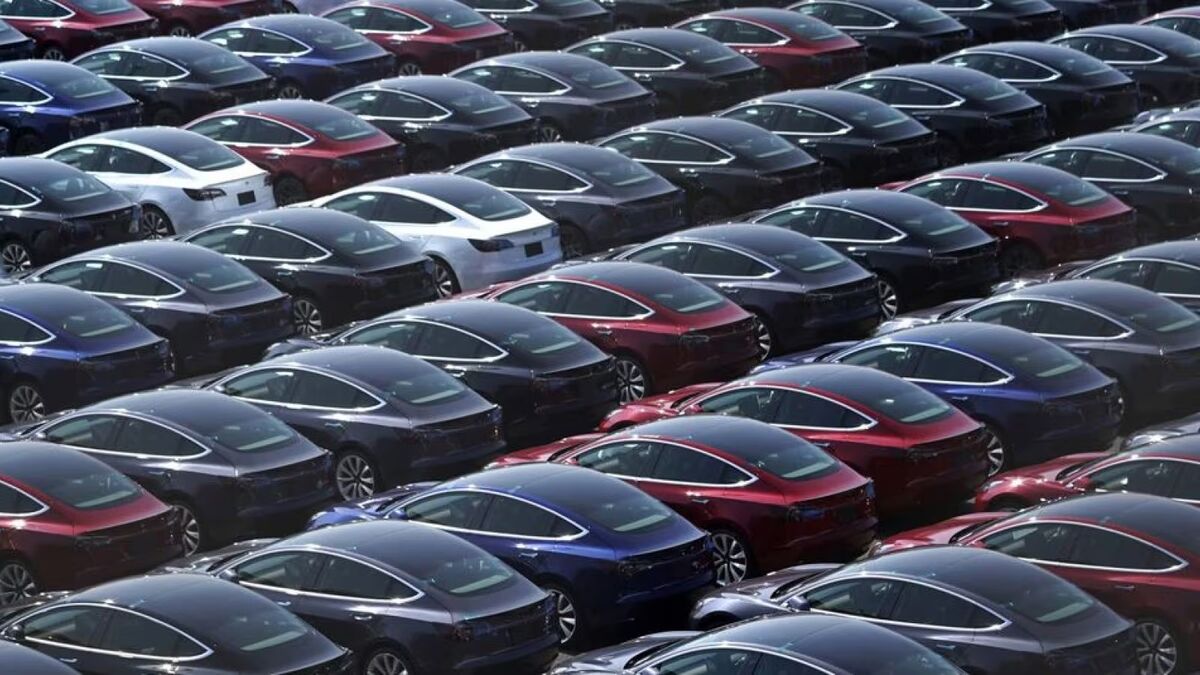
In a statement, the company says Mercedes customers will be able to “use Tesla Superchargers in North America starting in 2024.” Mercedes owners will be able to use Tesla chargers with the help of an adapter.
The company will then become the first German automaker to add the Tesla North American Charging Standard (NACS) port to its electric vehicles (EVs) in 2025.
Industry Converging on One Charger
Until recently, automakers built different charging ports into their EVs. Tesla had its own proprietary plug, the NACS, used by no other automaker. Every other EV builder in North America used a larger port called the Combined Charging System (CCS) plug or an older, less popular one called CHAdeMO.
The plugs weren’t interoperable.
This left EV drivers searching for not just any public charger but the public charger that matched their car. Tesla drivers had a much easier time, as the company operated the largest and most reliable charging network serving just its own products.
That has changed rapidly in recent weeks. Ford was the first automaker to switch to the Tesla plug in late May. Since then, GM, Rivian, and Volvo have followed suit. Other automakers are reportedly in discussions with Tesla about getting access to its network.
Mercedes Still Building Its Own Network
Mercedes’ move was probably inevitable once a group of rivals switched. But it’s a bit surprising, as the company had announced plans to build its own walled-garden charging network like Tesla’s earlier this year.
The move may not close off those plans. Mercedes board Chairman Ola Källenius says, “we are committed to building our global Mercedes-Benz High-Power Charging Network, with the first sites opening this year.” That move, he says, will come “in parallel” to the switch to the NACS plug.
All Eyes on Federal Government Now
Now that the automotive industry seems to be reaching a consensus, observers’ attention is shifting to federal policy.
A new law passed last summer made billions of federal dollars available to build new chargers. But Federal Highway Administration rules implementing the law required the CCS connector on chargers built with taxpayer funds. As manufacturers move away from CCS, that may not make sense.
A Federal Highway Administration spokesperson told Reuters last month, “Our technical experts are having active conversations with automakers, charger manufacturers, and standards-setting bodies to ensure federal investment continues to support a reliable, convenient, and user-friendly charging experience for all drivers.”







